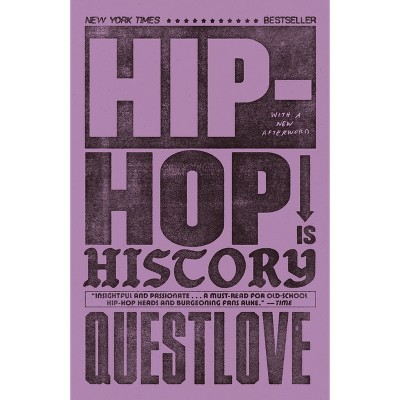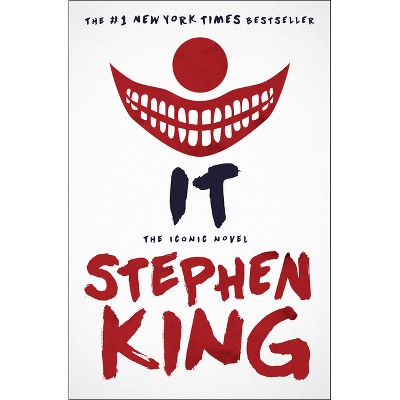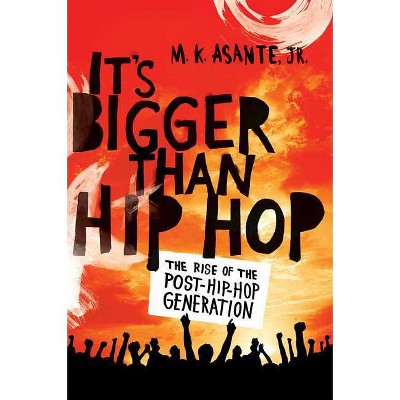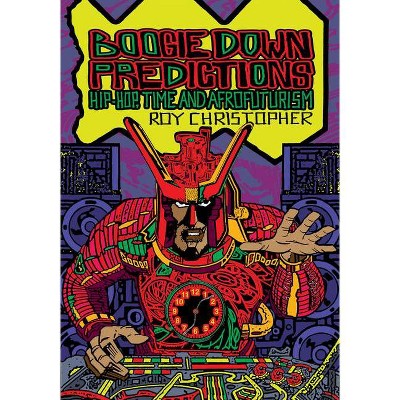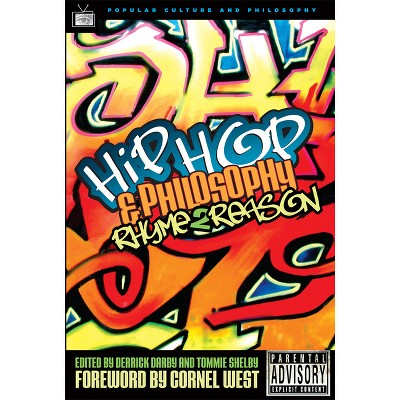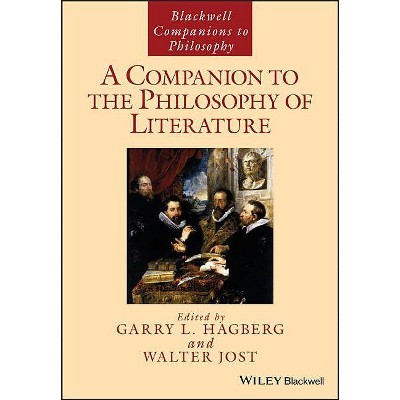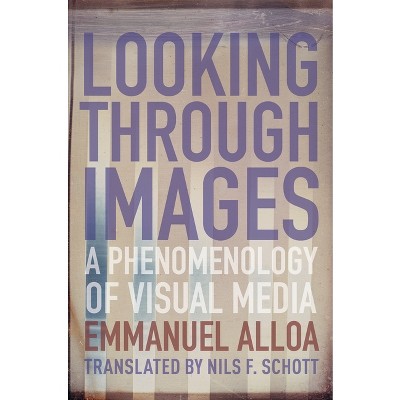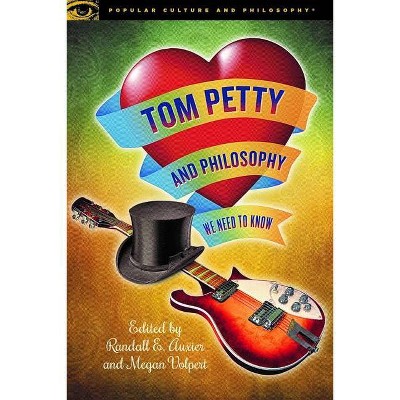About this item
Highlights
- About the Author: Julius Bailey is Associate Professor of Philosophy at Wittenberg University, USA.
- 200 Pages
- Philosophy, Aesthetics
Description
From the Back Cover
Philosophy and Hip-Hop: Ruminations on Postmodern Cultural Form opens up the philosophical life force that informs the construction of Hip-hop by turning the gaze of the philosopher upon those blind spots that exist within existing scholarship. Traditional Departments of Philosophy will find this book a solid companion in Contemporary Philosophy or Aesthetic Theory. Inside these pages is a project that parallels the themes of existential angst, corporate elitism, social consciousness, male privilege and masculinity. This book illustrates the abundance of philosophical meaning in the textual and graphic elements of Hip-hop, and thus places Hip-hop within the philosophical canon.
Review Quotes
Recommendations for Philosophy as Hip Hop: Ruminations on a Post Modern Cultural Form.
By Tommy J. Curry, Associate Professor, Department of Philosophy, Affiliate Professor, Program in Africana Studies, Texas A&M University
Report:
Overall, this version of the book is much better than the initial manuscript reviewed. Philosophy as Hip Hop embarks on a journey to show that Hip-Hop is an aesthetic engagement with the world that gives individuals various philosophical techniques to engage the obstacles and phenomenon before them. In the prologue, Bailey argues 'From an individual perspective Hip-Hop creates a space of relative freedom: freedom from the weight of a modern life that is demanding and exhausting. The importance of noting the relative in this statement cannot be overlooked. Hip-Hop is not a space of utopia, but a community that reconciles and embraces those who need an abode for their own intimate desires.' Unlike the previous version, this book is clearer in its purpose, and writing. This is a strength of this version of the text over the last, unfortunately however, the manuscript as a whole suffers from a sort of bipolarity at times reading as a summation of traditional white philosophical canons rather than a serious scholarly engagement with Hip-Hop.
Bailey engages in a philosophical exploration of Hip-Hop aiming to show that Hip-Hop is in fact philosophical. This manuscript covers some of the same ground articulated in Hip Hop and Philosophy: Rhyme to Reason by Tommie Shelby and Derrick Darby. Bailey's text will further articulate such claims in a full monograph and most likely be the first or most recent text to do so in the discipline of philosophy. However, it must be noted that such projects have a long legacy in cultural studies and Black studies. Greg Thomas's Hip-Hop Revolution in the Flesh: Power, Knowledge, and Pleasure in Lil' Kim's Lyricism (2009), and Jared Ball's I Mix What I Like: A Mixtape Manifesto (2011) immediately come to mind, as they have been reviewed extensively, but I cannot find any engagement with these texts in Bailey's work. While Bailey has done some work in section two to introduce and cover the work of Ebony Utley's On Rap and Religion some of the more recent works like those mentioned above are still absent from consideration.
As such, I would recommend this work for publication with some revisions. My specific section comments are attached, but I would like to make several general comments.
I. This work will certainly find readership in philosophy. Unlike fields like media studies, Black studies, etc. philosophy has been the last on board to seriously investigate the work of Black artists as serious political and social commentary. The last major work on Hip-Hop in philosophy was Derrick Darby and Tommie Shelby's Hip Hop and Philosophy from 2005.
2. The success of this book will largely depend on who it is marketed towards. Bailey makes some interesting points and insights that could in fact convey to classical continental and American philosophers the importance of studying and understanding Hip Hop both pedagogically and as a post-modern aesthetic. However, it is important to understand the limitations of such a strategy in field like Black studies, cultural studies, or more radical art audiences.
3. The work seems to have two distinct tones from section one to section two. The transition between sections as well as between ideas within and between chapters needs attention.
4. This work seems to be more appropriately divided into Section 1: Existential Communalism/Pedagogy and then Section 2: Post Modern Cultural Art Form. As stated I am not clear about the purpose of distinction in the titles.
5. Bailey does make a worthwhile contribution to Hip Hop Studies in the discipline of philosophy, so it is a publishable manuscript in that regard. However, Bailey should be pushed to account for the scholarship and work done in other fields as well to make this book stand the test of time. Imani Perry's Prophets of the Hood have lots of overlap with his themes throughout but are not mentioned once in my reading. There needs to be more of a deliberate engagement with the literature of the field.
"Julius Bailey demonstrates, with aplomb, the wonderful ways that hip-hip operates as a discursive space for philosophical exploration. This is a creative, engaging, and insightful approach to both philosophy and hip-hop, giving a thoroughly rewarding study to students of popular music, cultural studies, aesthetic philosophy and, of course, hip-hop in particular. This is a great addition to the ever-expanding body of scholarship on hip-hop." - Jeffrey Ogbar, The University of Connecticut, USA."Julius Bailey is establishing himself as a leading scholar probing the rich philosophical depths of hip-hop culture. Here, in this series of 'Ruminations, ' Bailey demonstrates why such probing matters for philosophers, students and hip-hop heads, alike. Contextualizing postmodern philosophical inquiry for a hip-hop generation as much as demonstrating the pedagogical acumen of hip-hop, this text is a valuable contribution to contemporary discussions of identity and difference. I highly recommend the read!" - Monica R. Miller, Lehigh University, USA."True heads know that hip-hop is about much more than beats & rhymes. It's also about dropping knowledge. Philosopher Julius Bailey schools us on how hip-hop serves up potent medicine for dealing with the existential angst of our lived human experience. He proves that we have more reason to respect not reject this art form born of struggle." - Derrick Darby, Hip Hop & Philosophy: Rhyme 2 Reason"Bringing the tools of philosophy to hip-hop, Julius Bailey's powerful and profound ruminations are a welcomed addition to the growing body of literature in Hip Hop Studies. Philosophy and Hip-Hop legitimizes hip-hop in traditional philosophical canons while opening up the discourse on human nature and relationships in post-colonial settings. This book is simultaneously academic, emotional, theoretical and imaginary. It is a must-read for who care about teaching and learning. " - Karin L. Stanford, Associate Dean, California State University,
About the Author
Julius Bailey is Associate Professor of Philosophy at Wittenberg University, USA. He is a philosopher, cultural critic, social theorist, and diversity lecturer. He is the editor of Jay-Z: Essays on Hip Hop's Philosopher King (2011), and the author of The Cultural Impact of Kanye West (2014), as well as numerous articles on hip-hop pedagogy and social justice issues. He can be found at www.juliusbailey.com.Shipping details
Return details
Guests also viewed


